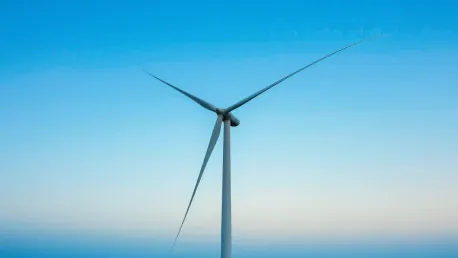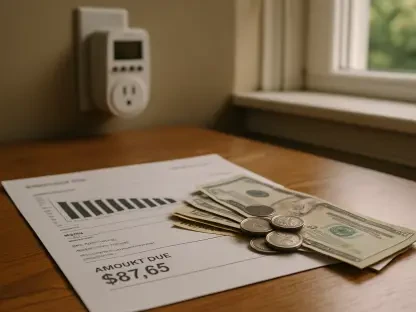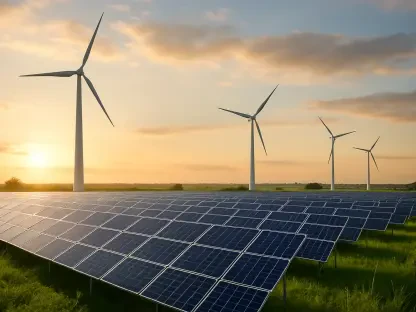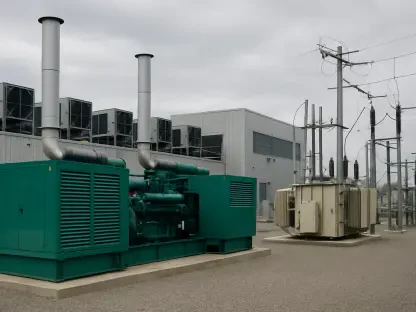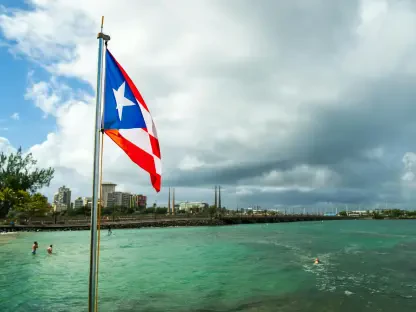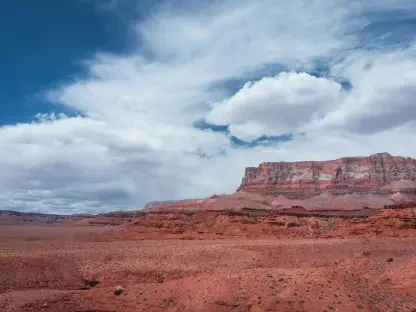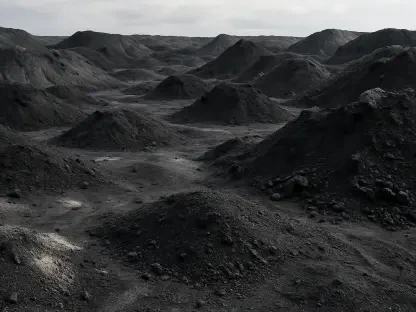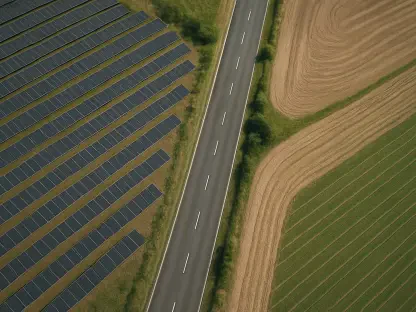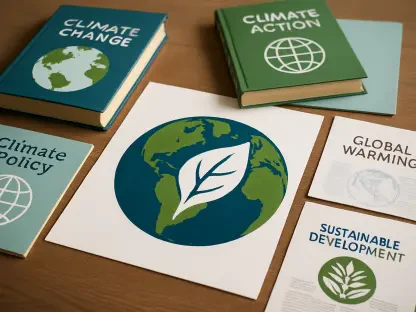The brewing contention surrounding the offshore wind industry is intensifying with the imminent inauguration of President-elect Donald Trump, who officially takes office on Monday. This hot-button issue, particularly in the coastal regions of the East Coast, revolves around Trump’s staunch opposition to offshore wind power projects and the significant implications of his anticipated executive order on this burgeoning industry.
Trump, alongside prominent Republican lawmakers, is expected to confront the offshore wind sector aggressively. Leading the charge is Congressman Jeff Van Drew of New Jersey, who disclosed that he has been working with Trump to draft an executive order aimed at temporarily halting offshore wind turbine activities along the East Coast. Van Drew criticized the Biden administration for pushing these projects through without adequate oversight and a clear understanding of their impacts.
Brewing Contention Over Offshore Wind
Trump and Van Drew’s Opposition
The sentiments expressed by Van Drew have gained traction in his home district, where Cape May County officials successfully battled federal agencies and developers Ørsted over the Ocean Winds 1 and 2 projects. These projects, situated off New Jersey’s southern shore, have since been put on hold, reflecting the growing resistance to offshore wind development. While the specifics of the impending executive order remain under wraps, it is anticipated to be finalized within the early months of Trump’s presidency, potentially paving the way for more permanent constraints on the industry.
Ørsted, a key player in many offshore projects near southern Martha’s Vineyard, declined to comment on the prospective executive order. Trump’s opposition to wind power is not a new phenomenon; he has previously criticized wind turbines for posing environmental hazards and pointed out the government subsidies granted to developers. The Trump administration is now looking to halt further construction of windmills, a move that has sparked considerable debate among stakeholders and environmentalists alike.
Legal and Political Implications
The power of presidential executive orders cannot be underestimated, as they hold a status almost equivalent to that of a congressional act, according to Jack Fruchtman, a retired political science and constitutional law professor. These orders, however, can face legal challenges, and some of Trump’s past executive orders were blocked by the courts, necessitating congressional endorsement. Unlike his first term, Trump may find greater support now with Republicans controlling both houses of Congress, albeit with a slim majority in the House of Representatives.
In addition to targeting offshore wind, Trump plans to promote fossil fuel production in the U.S. through executive orders. Fruchtman underscores that Trump’s focus on fossil fuels could have vast environmental ramifications and significantly impact climate change, highlighting the far-reaching effects of these anticipated policies. This shift in energy policy is poised to create a contentious battleground for environmental and economic interests in the coming years.
State and Regional Responses
Uncertainty and Legislative Actions
Cape and Islands state Sen. Julian Cyr, a Provincetown Democrat, expressed uncertainty regarding the future of offshore wind projects under the incoming Trump administration. He believes that projects already underway or those with federal and state approvals are likely to be more secure. However, early-stage proposals, such as the recent offshore wind leases auctioned off in the Gulf of Maine, might face delays or obstructions due to the new administration’s policy shifts.
In the midst of political maneuvering, concerns are mounting that Trump may expedite offshore oil drilling along the East Coast. Cyr intends to counter these efforts through legislative measures in Massachusetts. He underscores the anxiety felt by residents regarding the visible effects of the climate crisis, including rising sea levels and increasingly severe storms, which pose significant challenges to life on the Island and in the broader region. These environmental concerns are driving local advocacy for sustainable energy solutions.
Broader GOP Stance and Energy Security
Senate Majority Leader John Thune (R-SD) has voiced his support for increasing domestic fossil fuel production, citing the need for American energy security and reflecting the broader GOP stance. The votes of moderate Republicans will play a crucial role in shaping the House of Representatives’ stance on these energy issues. Fruchtman reinforces that the U.S. is already energy-dominant, producing more oil and gas than any other country globally, emphasizing the economic dominance that is already in place.
The Massachusetts Attorney General’s Office has a history of challenging executive orders that target offshore wind, as evidenced during Trump’s first presidency. Although the office has refrained from commenting on potential legal actions at this stage, it is anticipated that legal challenges could arise in response to the upcoming executive orders. This legal landscape will be closely watched as it evolves in the months ahead.
Local Advocacy and Economic Implications
State-Level Climate Change Efforts
Cape and Islands state Rep. Thomas Moakley has committed to continuing climate change mitigation efforts at the state level. He has been actively urging federal legislators to remain steadfast in Washington. With Gov. Maura Healey expected to address environmental goals prominently in her upcoming State of the Commonwealth address, there is a clear indication that the administration will maintain its focus on advancing offshore wind projects. The Healey administration has positioned offshore wind as a key component in achieving the state’s goal of carbon neutrality by 2050 and fostering economic growth, regardless of the number of local workers employed in these initiatives.
Economic and Environmental Stakes
Van Drew’s sentiments have gained momentum in his home district, with Cape May County officials prevailing against federal agencies and developer Ørsted over the Ocean Winds 1 and 2 projects. Located off New Jersey’s southern coast, these initiatives are now on hold, signaling increasing opposition to offshore wind development. The details of the upcoming executive order remain unclear, but it’s expected to be enacted early in Trump’s presidency, potentially introducing lasting restrictions on the industry.
Ørsted, a significant player in various offshore projects near southern Martha’s Vineyard, refused to comment on the potential executive order. Trump’s opposition to wind power is longstanding; he has previously criticized wind turbines for environmental risks and highlighted the government subsidies given to developers. Now, the Trump administration aims to cease further windmill construction, igniting significant debate among stakeholders and environmentalists. This move raises questions about future energy policies and the balance between development and environmental protection.
